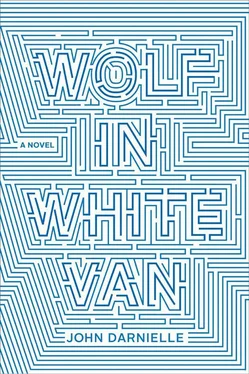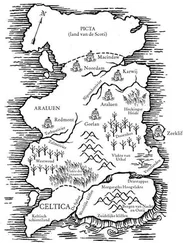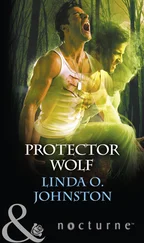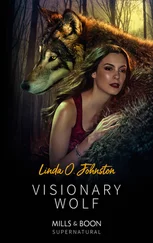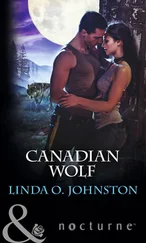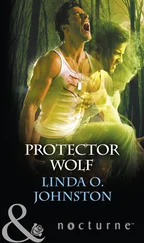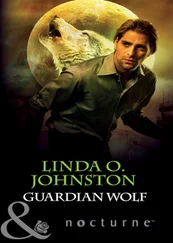Backyard Conan, thrown together from half-understood comic books only, took several liberties with the particulars. The Conan that the world knew didn’t drink blood, wasn’t ruthless and cold. In his original form, he’d lived to follow a warrior’s code of honor: enemies met death at his sword, and fellow barbarians shared in the plunder, but they were all men who lived by a code. The code was cruel, but just, consistent: coherent. When I became Conan things were different; his new birth had left scars. I ruled a smoking, wrecked kingdom with a hard and deadly hand. It was dark and gory. No one liked living there, not even its king. It had a soundtrack. All screams.
Small for my age, pants still too tight, enthroned atop the lone rock near the drained pond now stuffed with cedar, I looked out into green leaves drifting down and sought the far distance. In came men carrying prisoners, their hands and ankles tied to branches like hogs at a Hawaiian feast. They were yelling in unknown tongues. Their muscles strained. The fire pit before my throne had sprung up in full glaze. The screams of the condemned ascended to the stars.
I couldn’t fill in the finer points of the plot: what anybody’d done wrong, why they had to die. It didn’t matter. I opened my mouth like a great bird. I was coming down to deal death: to the guilty, to the innocent, to anyone within reach. To you , before me, trapped in the cave above the fire. Flayed and roasted and shared out among the nameless. To die screaming reduced to smoke. Lost in some kingdom found by accident and never heard from again in this world. Eaten by forgotten warriors on unremembered quests for plunder now lost forever.
I was in the park feeding squirrels when the memory crested, peeking out from behind a sort of interior immovable monument in my skull where all the old things lie. I couldn’t put an exact date to it. Somewhere late in the early game, among the several moves from one house to another, my dad between jobs and trying to find his footing. The filled-in fish pond seemed like a giveaway, but it could also have been flown in from some other scene, pasted on. Still: it grew vivid. The ivy in the backyard turning to jungle vines. The ground parching itself, bleaching itself. The composite sky — Pismo, Montclair, San Jose, places we’d lived, lost transitions — cracking along its surface like an old painting in an abandoned museum. And me, in the middle, on a throne whose legs eventually solidified as human femurs bound together with thick rope. I spent several minutes in deep concentration trying to get the picture fixed, to spot clues that would give me some exact sense of when and where, but the edges kept blurring. Sometimes I have trouble finding the edges.
Presently the kid from the merry-go-round turned up in front of me — I’d gotten distracted by the squirrels while remembering my childhood, and I ended up lost. When I looked up, there he was — five years old, I figured, possibly younger. I used to be good at guessing things. I’m not now. He sat down next to me, a little distance between us, and his eyes went from my face to my hand, still casting out peanuts for squirrels or blue jays one at a time. And then he brought his gaze back to my face, where it rested.
He was very quiet as he looked up at me: I was a kid once; I thought I recognized on this one the look of a child deliberating within himself. He pointed in the direction of his question when he finally said it: “What did you do to your face?”
Well, I told him all about it. He listened while I spoke, while I explained what I had done, and when, and how, and he nodded at all the right places in the story. And then, of course, when I was done explaining, he asked “Why?” which is a tricky question for me, since the correct answer is “I don’t know”: and that’s a hard thing to say once all the cards are right there on the table. But he pressed me on it: “Yes you do,” he said. “You do so know.”
It was a surprising moment on a day I’d set aside for doing very little, in what I’d already begun to think of as the aftermath. When I’d gotten into the car to drive to the park, I’d thought to myself: You’ve earned an empty moment or two. Instead, here we were. I thought how there’s always more to something than I usually think there is, and I said then that he was right; that I was the only one who could know why I had done what I did, and that I couldn’t think of anybody else who’d be able to come up with any kind of answer. But it was still true that I didn’t have any “why” for him; I just didn’t have one. I had looked for one, and it wasn’t there.
I could see him starting to think, hard, during the little minute of quiet that followed. Wheels turning. I wondered if maybe something difficult was opening itself up to him — that maybe people do things for no reason, that things just happen, that nobody really knows much.
“I don’t believe you. You don’t know,” he said. He looked straight at me. “You are a fibber.”
“Am I a fibber?” I said, smiling, even though I feel ugly when I smile. I feel like I might have been good with children in a different life.
He nodded his head fiercely. “You are!”
I flipped my hands palms up, hip level at either side, sitting there on what I now thought of as our bench, and I shrugged. Inside my head I could see how I might have looked to some observer standing at a few paces, me and this kid pointing, and my face; and how we might again look to another observer, stationed at some slightly greater distance. To somebody waiting at the light across the street. How we’d look on film. Or from space. In a Kodak frame. All these ways.
And I liked what I saw, when I took it all in. It was ridiculous. It had an air of the inevitable to it. My smile got bigger as I let the picture grow to occupy the fullness of the space inside my head, and I just let it happen, even though I know it looks awful. Too late to hold back now. I looked over at the kid’s family, who were motioning for him to return to their fold, and I felt something inside, something fine and small and dense. I looked out across the park. Came all this way and now here I am.
At the apartment complex the Saturday gardeners were just finishing up. The grass was tight and clean. They’d trimmed back the gardenia hedge so severely in some places that the stalks looked like petrified bones, little hands reaching up from the earth.
I went inside and I puttered around on the computer, trying to finish up something I’d been working on, a little corner of a detour hardly anybody ever cared about. Most weekends I try to put my work aside, but there wasn’t anything else to do. Then I checked my bank accounts, a nervous habit: I’m not rich, or even that comfortable, but my grandmother opened up a savings account for me after my accident, and she kept putting a little into it every month for ten years until she died. It’s a security blanket now. I look at what’s in there whenever I start to worry that my own savings or the insurance payments or my work won’t be enough. It’s like checking a lock on a door: just making sure no bad guys are going to get in. And then I played some music, old music, and it sounded awful, and I loved it, I loved it so much.
Later, the nurse from the VNA came by for my sinus irrigation and let herself in — it was Vicky, who I always call “Victory,” because usually by the time she shows up I need a nurse so bad that I can barely breathe. “Victory!” I’ll say then, raising my weak arms up champion-style. I sound hilarious when I try to pronounce the letter r.
“Well, Sean, yes, Victory’s here. Victory’s here, all right,” she said today, the way she does, responding to things she hears as if they were thoughts that occurred to her inside her head, volume dwindling as she goes, the folds of her neck shaking gently. She looked at me, taking stock. “And Sean’s here, too. Sean’s here, right? Just like always. How you doing?”
Читать дальше
